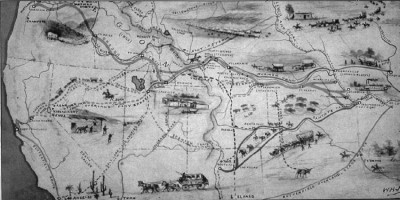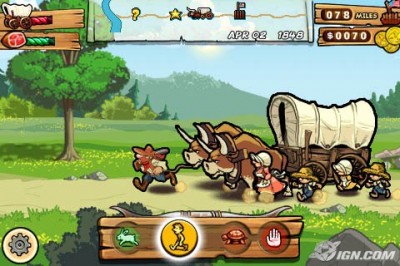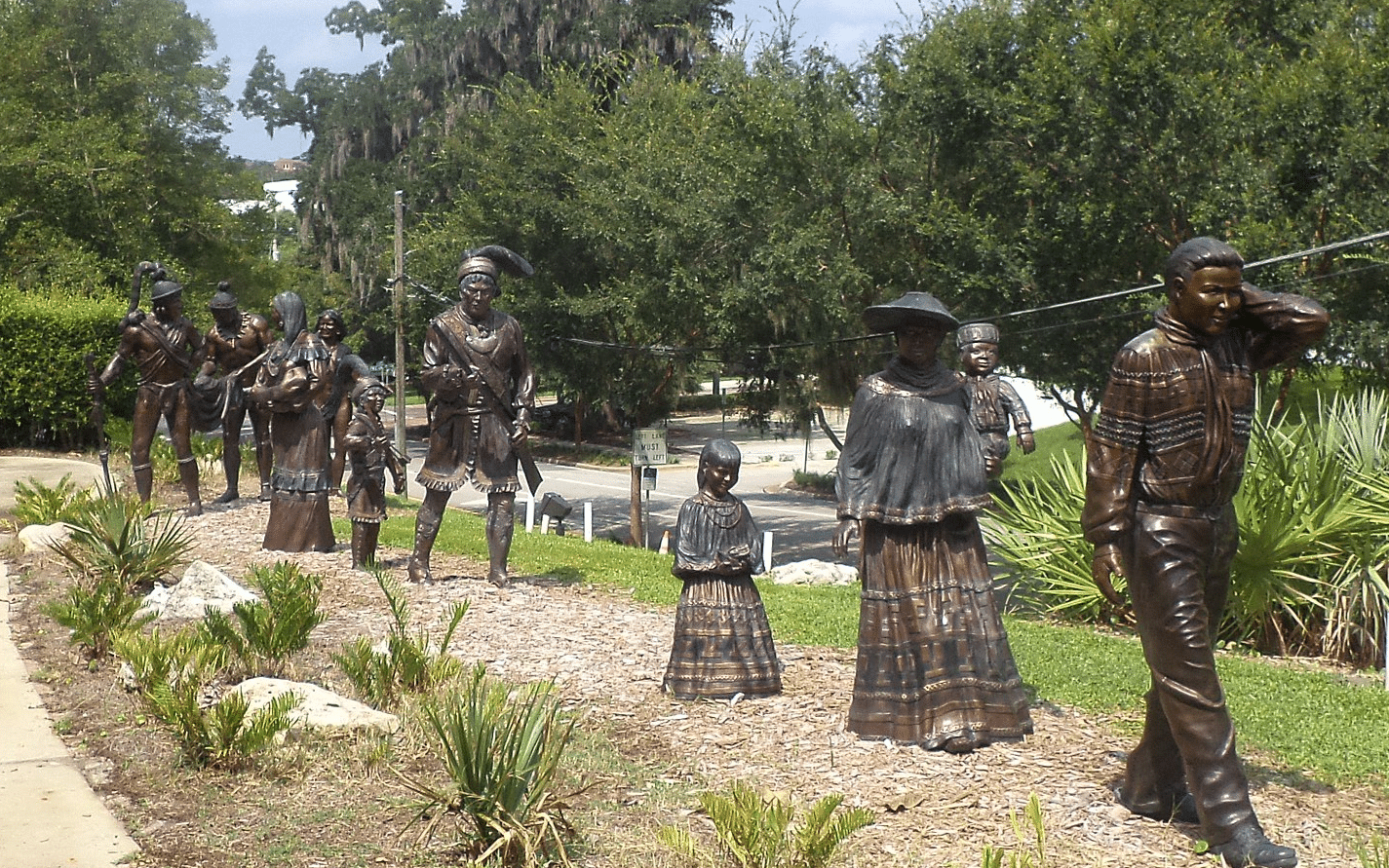

Because interactive computer games like The Oregon Trail are encyclopedic in the amount of information they offer, and because they allow students a seemingly endless number of choices, they may appear educationally progressive.
But like the walls of a maze, the choices built into interactive computer games also channel participants in very definite directions. They are programmed by people — people with particular cultural biases — and children who play the computer games encounter the biases of the programmers (Bowers, 1988).
Just as we would not invite a stranger into our classrooms and then leave the room, teachers need to become aware of the political perspectives of computer simulations, and need to equip our students to “read” them critically.
Originally published in Rethinking Schools Volume 10, No.1 – Fall 1995.
Related Critiques
🧵I started my history teaching career in the early 2000s. When I first taught about the “pioneer trails” (as the textbook called them), students would always bring up the computer game Oregon Trail. Here’s what I learned then and how I use it today as a teacher educator. 1/6 pic.twitter.com/sdyVJfEkDI
— Christopher Martell (@chriscmartell) June 1, 2023











Twitter
Google plus
LinkedIn